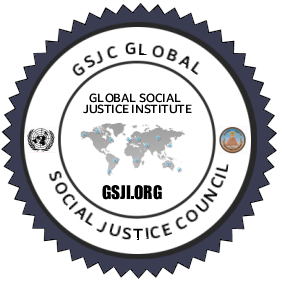|
1.6 International Convention on the Protection of the Rights of all Migrant Workers and Members of their
Families
Throughout history, people have moved across borders for a variety of rea- sons, including armed conflict,
persecution or poverty. Regardless of their motivation, millions of people are living as migrant workers, as
strangers in the States in which they reside. Unfortunately, as aliens, they may be targets of suspicion or
hostility and this inability to integrate into society often places them among the most disadvantaged groups in the
host State. A vast number of migrant workers are uninformed and ill-prepared to cope with life and work in a
foreign country.
Concern for the rights and welfare of migrant workers led to the adoption of the International Convention on the
Protection of the Rights of All Migrant Workers and Members of Their Families. The Convention was adopted by the
General Assembly on 18 December 1990 and will enter into force follow- ing ratification or accession by 20 States.
As at March 2000, only 12 States had ratified the Convention.
The Convention stipulates that persons who are considered as migrant work- ers under its provisions are entitled to
enjoy their human rights throughout the migration process, including preparation for migration, transit, stay and
return to their State of origin or habitual residence. With regard to working conditions, migrant workers are
entitled to conditions equivalent to those extended to nationals of the host States, including the right to join
trade unions, the right to social security and the right to emergency health care. State parties are obliged to
establish policies on migration, exchange informa-
| 
